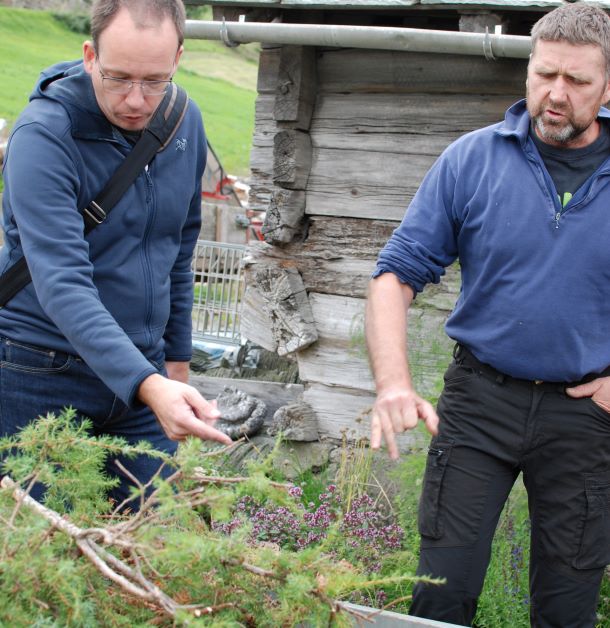Because of Covid-19 I’ve dropped in on homebrew clubs meetings in every time zone in the country. And because of Covid-19 when I am (virtually) in Cincinnati or Kansas City or wherever and talk about anosmias I can almost see heads nodding beyond my computer screen.
(Should you not know, anosmia, that is loss of ability to smell, is a prominent sign of SARS-CoV-2 infection. The loss, in this case, may be total, but partial anosmias are not unusual in everyday life.)
This week, Wine Spectator columnist Robert Camuto wrote about “Getting Back My Nose After a COVID KO.” He lost his sense of smell for 14 days beginning Dec. 19 and figures he has about 20 percent back so far.
 Looking for answers he turned to “What the Nose Knows: The Science of Scent in Everyday Life,” a book I found essential when writing about aroma in “For the Love of Hops” and one I recommend for anybody interested in unraveling the mysteries of our most complex sense.
Looking for answers he turned to “What the Nose Knows: The Science of Scent in Everyday Life,” a book I found essential when writing about aroma in “For the Love of Hops” and one I recommend for anybody interested in unraveling the mysteries of our most complex sense.
Camuto eventually called author Avery Gilbert, who explained the upper nose has about 400 odor receptors. Covid-19 is believed to infect surrounding support cell tissue, shutting down the whole olfactory operation. As cells regenerate, smells return.
“It’s like when your Internet goes out and the router comes back on with those blinking lights,” Gilbert told him. “Like those lights, your receptors are coming back online, and which one comes on next is like pulling a number out of a lottery bucket.”
He suggested smell training to speed the recovery.
“Throughout the day, I spontaneously embark on smell-a-thons,” Camuto writes. “Last week, I was excited to pick up on the scents of the dried-out Christmas tree, lemon leaves (though not the lemon), WD-40, soap, wild thyme, burned match, buttery pastry and the anachronistic scent of a very old edition of Charles Dickens’ ‘The Old Curiosity Shop.’”
An aside. At the outset, Camuto writes, “Some odors I don’t miss at all. Like the cat box.” Curious to read from a wine writer, given that he probably knows Sauvignon Blanc well. And Sauvignon Blanc contains some of the same thiols, or sulfur compounds, as hops — such as Citra, Mosaic and Galaxy — popular in modern IPAs. Working in partnership with other compounds they help produce exotic aromas and flavors currently in style. In excess, and this may also happen in Sauvignon Blanc, they may smell catty. That’s the word you use in polite company instead of cat pee.
Call it destiny, but Bell’s Hopslam Ale arrived in Atlanta this week. This is a beer about which John Mallett, Bell’s Brewery vice president-operations, once said, “It smells like your cat ate your weed and then pissed in the Christmas tree.”
So my recommendation for your weekend pleasure is a copy of “What the Nose Knows” along with a glass of Hopslam.


 Abandoned Dixie brewery, five months after Hurricane Katrina struck New Orleans
Abandoned Dixie brewery, five months after Hurricane Katrina struck New Orleans